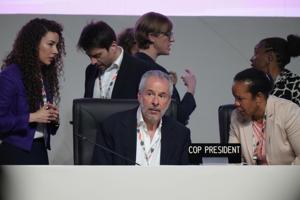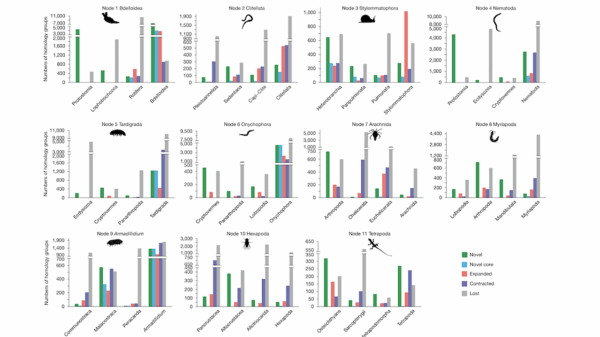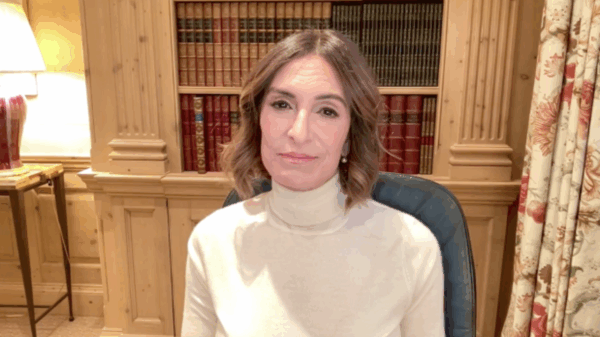Recent research published in the journal Self and Identity explores the psychological mechanisms behind self-forgiveness, revealing why some individuals are unable to let go of past mistakes while others manage to move on. The study highlights that self-forgiveness is influenced not by the severity of the transgression but by how individuals interpret and frame their experiences.
How Memories Affect Self-Forgiveness
Many people experience moments from their past that they replay repeatedly. These can include a careless comment made in haste, a decision that caused harm to another, or a missed opportunity to speak up when it mattered. For some, these memories remain vivid and painful, akin to open wounds that hinder their ability to forgive themselves.
The study indicates that this inability to forgive is linked to cycles of self-blame, where individuals become trapped in negative thought patterns. Researchers found that those who struggle most with self-forgiveness often dwell on the specifics of their past actions or the emotional impact they had on others. They may focus on the scene, the words exchanged, or the expressions on others’ faces, reinforcing their feelings of guilt and remorse.
Framing Experiences and Moving Forward
In contrast, individuals who successfully forgive themselves tend to adopt a more constructive approach to their past. They frame their experiences positively, emphasizing learning and growth rather than dwelling on the negative impacts of their actions. This framing allows them to detach from their mistakes and view them as opportunities for personal development.
The findings suggest that self-forgiveness is not merely a matter of willpower; it involves a cognitive shift in how one relates to their past. By altering their perspective, individuals can break free from the cycle of guilt and blame, paving the way for emotional healing and personal growth.
As mental health continues to gain attention globally, understanding the dynamics of self-forgiveness offers valuable insights for therapy and personal development. Encouraging individuals to reframe their mistakes could play a crucial role in promoting emotional well-being.
Overall, this research underscores the importance of addressing the psychological factors that influence self-forgiveness. By fostering a more forgiving mindset, individuals may find it easier to move forward and cultivate healthier relationships with themselves and others.



































































